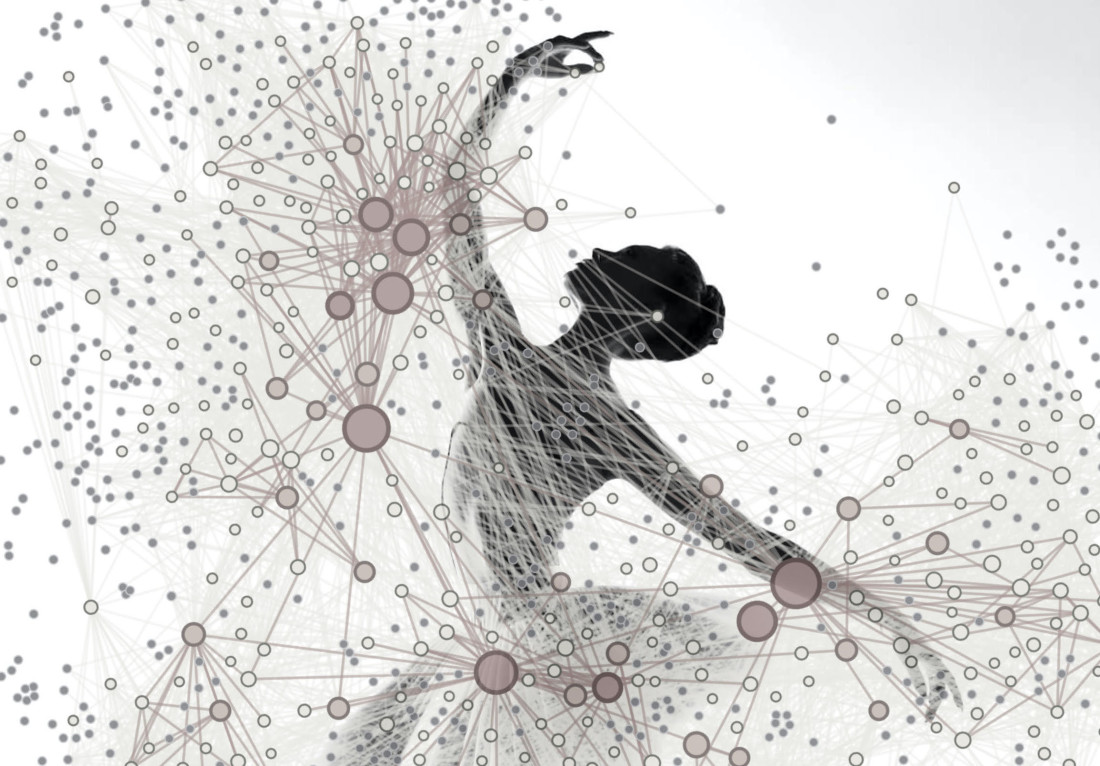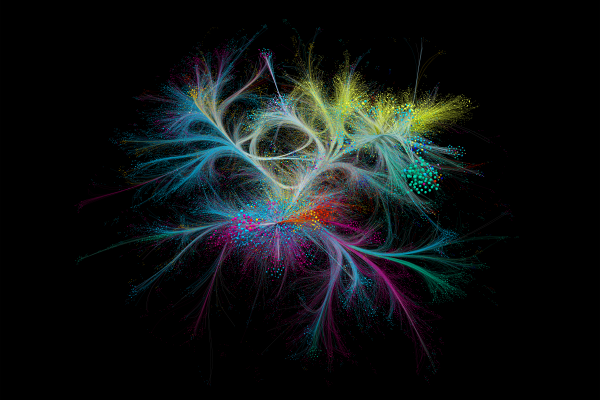New Research Uncovers How Hidden Networks Can Predict Success in Ballet

The University of Virginia’s School of Data Science proudly presents a new paper co-authored by Alex Gates, an assistant professor of data science, which combines social network analysis with machine learning to measure the influence of ballet academy prestige on career outcomes for dancers.
Quantifying the processes and behaviors through which some individuals attain success in the arts is challenging due to multiple factors, including the subjective valuation of creative performance as well as the importance of social recognition and visibility.
Gates and his colleagues – Yessica Herrera-Guzmán, a postdoctoral researcher at Northwestern University; Cristian Candia, a researcher at the Data Science Institute of the School of Engineering at Universidad del Desarrollo, Chile; and Albert-László Barabási, a professor at Northeastern University – sought to quantitatively measure this phenomenon and its consequences in ballet.
Their paper – which, by coincidence, published in Scientific Reports two days before World Ballet Day – leverages competition outcomes from over 6,000 young dancers at a major dance competition to build the professional network of ballet schools and ultimately predict the placement of students in jobs in ballet companies. Overall, this research demonstrates how Big Data capturing human behaviors can lead to a deeper understanding of the social dynamics behind human creativity and the evolution of the performing arts and cultural heritage – contributing to the burgeoning field of computational social science.
Gates joined the School of Data Science in 2022. He holds a Ph.D. in informatics and cognitive science from Indiana University.
